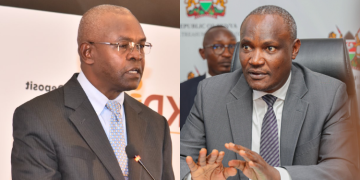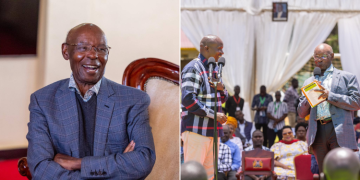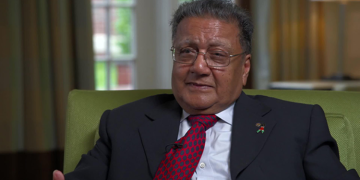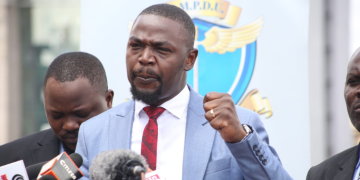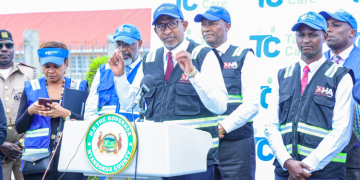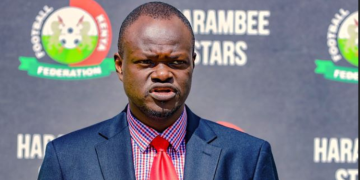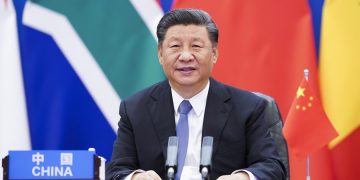Kenya’s Court of Appeal in Nakuru has upheld the High Court decision that halted the appointments of chief executives for several state corporations, citing alleged constitutional violations and ethnic bias in the recruitment process.
The consolidated appeals, Civil Appeal No. NAK E107 and E116 of 2024, were filed by Moi Teaching and Referral Hospital (MTRH), Dr. Philip Kiptanui Kirwa, Athi Water Works Development Agency, and Eng. Joseph Mungai Kamau.
They contested a June 20, 2024, High Court ruling by Justice Mohochi, which granted conservatory orders suspending the appointments of CEOs for MTRH, Athi Water Works, Kenya Broadcasting Corporation, and Kenya National Shipping Line.
The controversy began when MTRH advertised its CEO position on December 12, 2023, shortlisting eight candidates for interviews held on March 4, 2024, in Eldoret.
Appointment of MTRH, KBC and Athi Water CEO
On May 17, 2024, a government press release announced the appointments of Dr. Kirwa (MTRH), Eng. Kamau (Athi Water Works), Agnes Kalekye Nguna (Kenya Broadcasting Corporation), and Abdalla Mohamed Hatimy (Kenya National Shipping Line).
Also Read: CITAM Buruburu Unveils Magnificent Multimillion Church [PHOTOS]
Dr. Magare Gikenyi and six other petitioners challenged these appointments in Nakuru’s High Court, arguing that the process lacked transparency and favored certain ethnic groups, violating constitutional principles of meritocracy and fairness.
The appellants argued that the High Court lacked jurisdiction, explaining that recruitment disputes fall under the Employment and Labour Relations Court (ELRC).
They also claimed that Nakuru was an improper venue, as the state corporations are headquartered in Eldoret, Nairobi, and Mombasa.
Additionally, they contested the validity of the High Court’s Conservatory orders, which suspended the appointments pending the petition’s resolution.
Court ’s Decision
The Court of Appeal presided over by Justices Mativo, Gachoka, and Korir, rejected these arguments.
Also Read: Mbadi Clarifies Why Budget for National Exams Was Removed
The court ruled that challenges to pre-employment processes, such as advertising and shortlisting, do not constitute employer-employee disputes and thus fall under the High Court’s jurisdiction to address constitutional violations.
The court also dismissed territorial concerns, noting that state corporations operate nationally and that virtual hearings mitigate logistical issues.
The conservatory orders were upheld, with the court finding no evidence that Justice Mohochi misapplied his discretion.
“This is not a dispute between employer and employee, but an unconstitutional recruitment process based on ethnic considerations,” the court stated, citing the petitioners’ role as citizens enforcing the rule of law.
The court ordered each party to bear its own costs, citing the public interest nature of the case.
Follow our WhatsApp Channel and X Account for real-time news updates.


